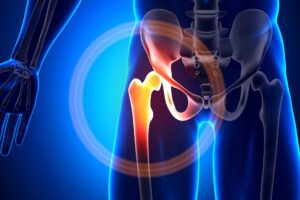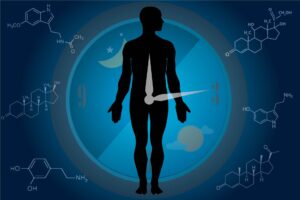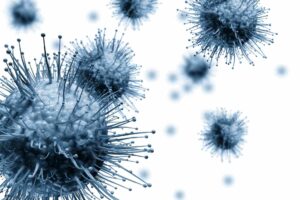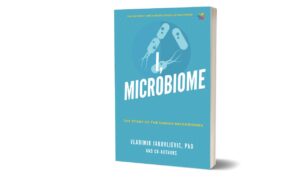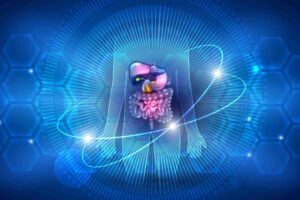gut microbiota
Scientific research
New research suggests that the gut microbiota protects the femoral head through the production of extracellular vesicles.
Nutrition, Pediatrics
New research suggests that B. infantis can be used to treat children with acute malnutrition.
Nutrition
New research suggests that restoring the gut microbiota’s capacity to sense dietary signals mediated by specific host factors may improve metabolic problems.
Gastroenterology
The virome might be used in therapeutic approaches: eliminating or replacing disease-driving intestinal viruses with health-promoting viruses may be beneficial for people with IBD.
Gastroenterology, Video
Patrice Cani (Université catholique de Louvain) discusses the role of Akkermansia muciniphila in the gut barrier.
Events
The crowdfunding phase is open, you can preorder the book from 12 USD as e-book or 24 USD as paperback.
Endocrinology
Researchers found that models of conventional risk factors and data on the gut microbiota improved the prediction of liver diseases
Gastroenterology
By analyzing stool samples from dozens of people in Sweden, researchers have found that the microbiota isn’t stable in adulthood.
Cardiology, Gastroenterology
Researchers have identified 10 species whose abundance was linked to blood levels of TMAO, a metabolite associated with cardiovascular diseases
Scientific research
Researchers have found that cooperation among microbial cells may be one of causes of this drug tolerance.
